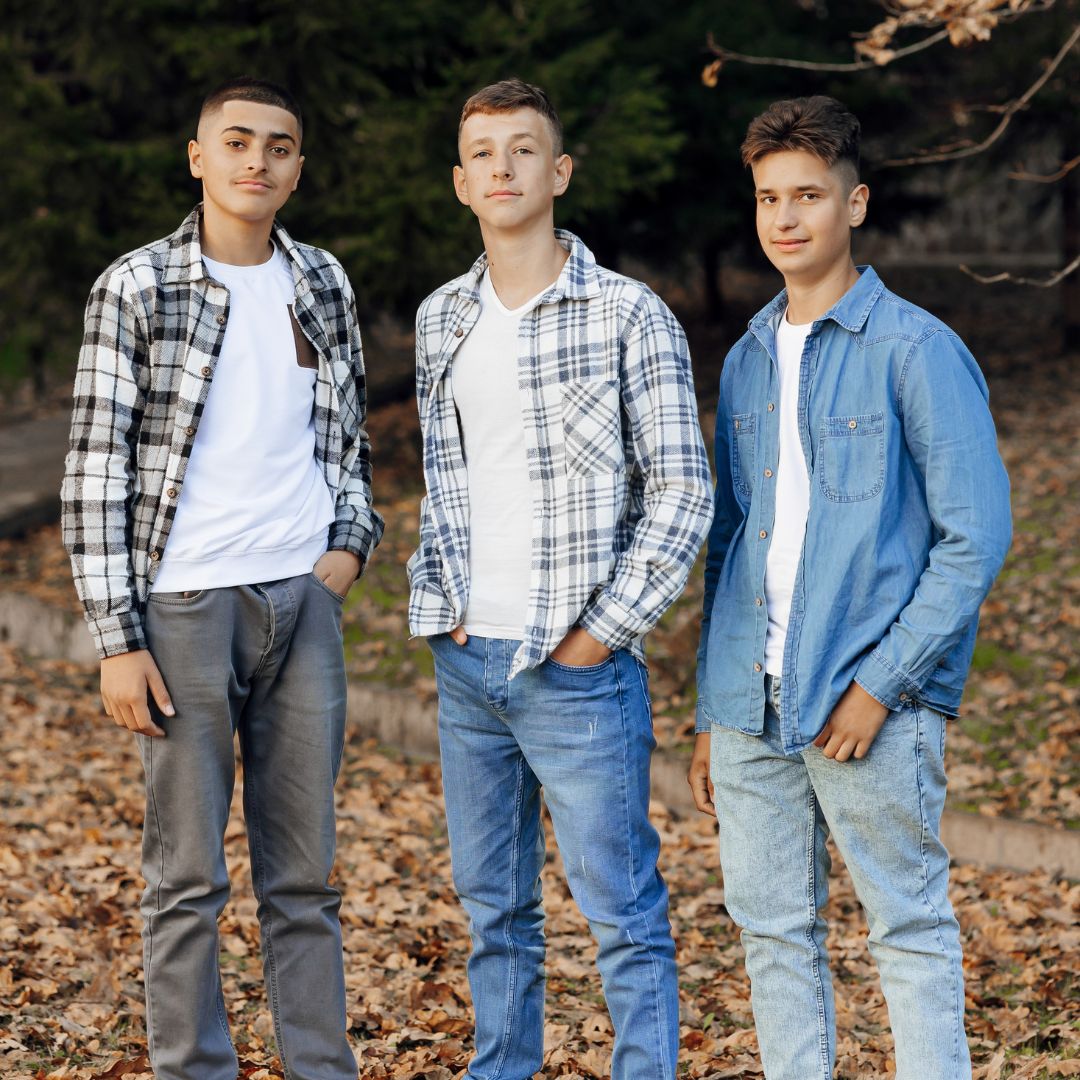White River Academy offers specialized treatment for adolescent boys struggling with inhalant addiction. Our comprehensive program addresses the unique challenges of this dangerous form of substance abuse, providing the structured support and therapeutic interventions necessary for recovery.
We understand that huffing addiction requires specialized care, and our experienced team is dedicated to helping teens break free from inhalant abuse and develop healthier coping mechanisms.
Located in Delta, Utah, our residential treatment center provides a safe, nurturing environment where young men can heal from addiction while continuing their academic progress and personal development. Through individualized treatment plans, evidence-based therapies, and a supportive community, we help teens overcome inhalant addiction and build a foundation for a healthier, more fulfilling future.
Inhalant addiction involves the compulsive use of volatile substances that produce chemical vapors, which are inhaled to create mind-altering effects. These substances include common household and workplace products such as paint thinners, markers, glues, cleaning fluids, aerosol sprays, and gasoline – items that are legal, inexpensive, and easily accessible to adolescents.
When inhaled, these chemicals are rapidly absorbed through the lungs into the bloodstream, quickly reaching the brain and other organs. The effects are immediate but short-lived, often leading to repeated use within a short period. This pattern can quickly develop into psychological and physical dependency, requiring professional treatment for inhalant addiction.
What makes inhalants particularly dangerous is their accessibility and the misconception that they are less harmful than illegal drugs. In reality, inhalants can cause significant damage to the brain and body, sometimes even from first-time use.
Recognizing the signs and symptoms of inhalant abuse is crucial for early intervention. Parents and educators should be alert to these warning signs:
If you notice these inhalant use symptoms in your son, it’s important to seek professional help immediately. Early intervention through huffing abuse treatment can prevent serious health consequences and support long-term recovery.
Understanding the serious health risks associated with inhalant abuse is essential. The side effects can be severe and sometimes life-threatening:
These serious health consequences highlight the importance of seeking professional treatment for inhalant addiction as soon as possible.

Why Choose us?
White River Academy offers a comprehensive treatment program for teen boys struggling with huffing addiction. We understand that inhalant abuse affects more than just physical health – it impacts relationships, academic performance, and emotional well-being. That’s why our program is designed to support transformation across all areas of a student’s life.
Using a personalized approach, we combine cognitive behavioral therapy, group sessions, and family involvement to address the root causes of inhalant use. Teens also engage in outdoor challenges, fitness programs, and equine therapy to rebuild self-esteem and establish healthy routines.
Inside our structured, supportive environment, students learn practical coping skills, identify triggers, and build the emotional resilience needed to navigate life without substances. Our academic team ensures each student stays on track with school while gaining lifelong learning tools.
White River is more than a therapeutic boarding school – it’s a path to becoming confident, capable, and connected to a purpose-driven future.

17 years
Successfully Helping Families
15 years
Treating Sex Addiction & Compulsivity
92%
Graduation Success Rate
10 years
Of Family Advancement & Foster Care Experience
200 +
Community Service Improvement Projects Completed
17 years
Successfully Helping Families
15 years
Treating Sex Addiction & Compulsivity
92%
Graduation Success Rate
10 years
Of Family Advancement & Foster Care Experience
200 +
Community Service Improvement Projects Completed
We understand that seeking treatment for your child can raise many questions. To help you make informed decisions, we’ve compiled answers to some of the most frequently asked questions about our programs and our approach to treating teenagers.
If you don’t find the information you’re looking for, please don’t hesitate to contact our admissions team for personalized assistance.
Treatment duration varies based on individual needs, severity of addiction, and progress made. Our program typically ranges from 6-12 months, allowing sufficient time for meaningful change and development of new habits and coping skills.
Yes, education is a core component of our program. We understand that inhalant addiction often disrupts academic progress, so our faculty develops customized educational plans for each student, whether they need academic rehabilitation or college preparation.
Our program includes a strong focus on life skills development, relapse prevention planning, and ongoing support. We work closely with families to create a supportive home environment and connect them with community resources to ensure continued success after completing our program.
Yes, inhalant addiction often co-occurs with other mental health conditions such as depression, anxiety, ADHD, or trauma-related disorders. Our dual diagnosis approach ensures that all aspects of a teen’s mental health are addressed simultaneously for comprehensive healing.
We understand that many teens arrive feeling angry, ashamed, or unmotivated. Our staff is trained to build trust through consistency, compassion, and structure. We help teens open up at their own pace and begin to take ownership of their growth and healing.